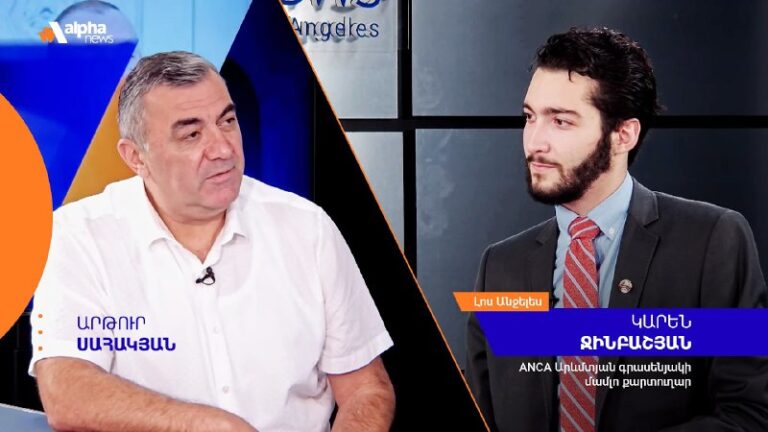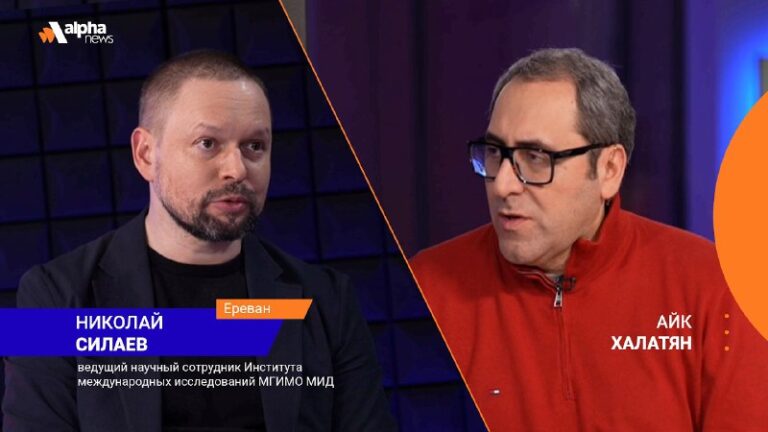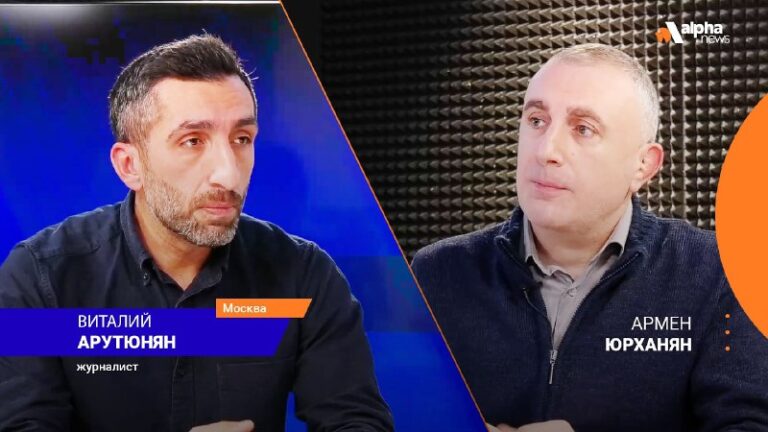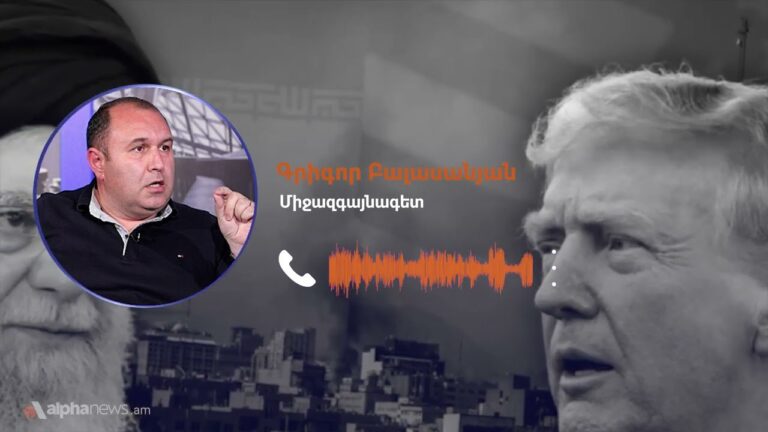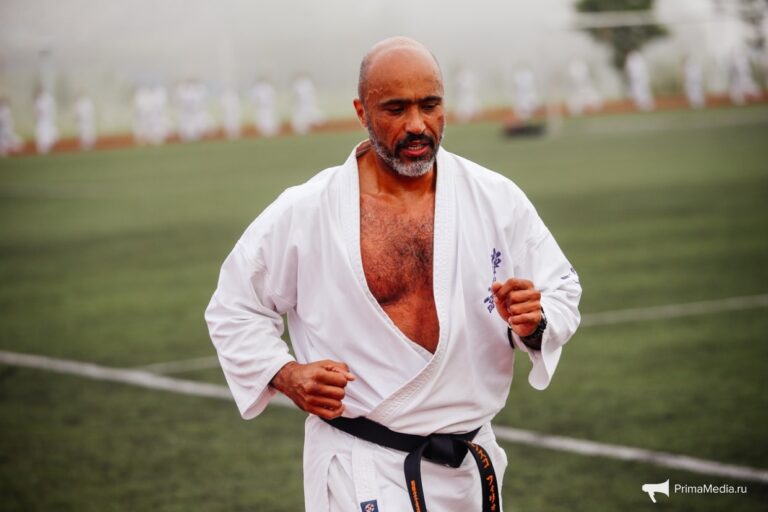The surrender of Artsakh is Pashinyan’s great personal victory in his struggle for power
September 20 2024, 12:30
This time last year, taking advantage of the fact that Armenia recognized Artsakh as part of Azerbaijan in the fall of 2022 in Prague, Ilham Aliyev personally perpetrated ethnic cleansing in the Nagorno-Karabakh Republic. The Azerbaijani Armed Forces used artillery, UAVs, and combat aircraft against Artsakh in 2023. The residents of Artsakh were forced to leave their homeland and moved to Armenia. According to the Government of the Republic of Armenia, more than 115 thousand residents of Artsakh have been registered. And on September 28, following negotiations with the Azerbaijani side, Artsakh President Samvel Shahramanyan issued a decree that all state institutions of the republic would be dissolved and the Republic of Artsakh would cease to exist from January 1, 2024.
One year is a sufficient period to sum up a number of outcomes related to this event, the outcomes of domestic, foreign, and even regional policy.
1. When Pashinyan surrendered Artsakh in Prague in 2022 with the political patronage of Emanuel Macron and Charles Michel, Pashinyan’s propaganda convinced the people of Armenia that by recognizing the territorial integrity of Azerbaijan as 86.600 square km, we thereby receive recognition from Baku of the territorial integrity of Armenia within 29,800 square km. However, a year after the fall of Artsakh and almost two years after the Prague conspiracy, Aliyev does not even think of recognizing the territorial integrity of Armenia and does not think of giving Pashinyan “a cadastral certificate of Armenia.”
2. A year ago, Pashinyan’s propaganda actively spread the following narrative: if there is no Artsakh, there is no Lachin corridor, and if there is no Lachin corridor, then Baku will not require a corridor through the territory of Armenia to connect with Nakhichevan. However, a year after the fall of Artsakh and almost two years after the Prague conspiracy, Aliyev and Erdogan do not even think about giving up their demand to provide the “Zangezur corridor” under their control, that is, extraterritorial communication through the territory of the Republic of Armenia to unite the Turkic world.
3. In the spring of 2022, Nikol Pashinyan stated that by lowering expectations on the status of Artsakh, we will ensure broad consolidation around Armenia. However, a year after the fall of Artsakh and almost two years after the Prague conspiracy, Pashinyan admits that he failed to ensure consensus around Armenia. A vivid evidence of which is his confession made the day before. “There is no country or military bloc capable of ensuring Armenia’s security. Only Armenia is able to create security for itself if peace is ensured in the region. There is only one guarantee of security, which is peace; there is no other guarantee. The policy of our government created this guarantee, understanding its difficulties,” he said.
Translated from Pashinyan’s language, this means that he failed to achieve security guarantees for Armenia even after surrendering Artsakh and fulfilling the most important demand of Baku, Ankara, Washington, Brussels, and Paris.
4. At the same time, we should understand that political processes should often be perceived not from the perspective of the interests of the state or the people, but from the perspective of a single politician, a single power group. In this context, the fall of Artsakh is Nikol Pashinyan’s most important victory in his internal political struggle for power.
By surrendering Artsakh, Pashinyan destroyed one functioning power group, which was united by compact cohabitation, had military and political potential, and was perceived by Nikol Pashinyan and his ideological fathers (primarily Levon Ter-Petrosyan) as a competing elite group.
By surrendering Artsakh, Pashinyan destroyed the very concept of a unified Karabakh military and political elite as a competitor in his internal political struggle.
A year after the shameful fall of Artsakh, which some members of Pashinyan’s team openly call “the day of Armenia’s true independence,” there remains only one question to ask. A year after the destruction of the Karabakh statehood, has Armenia become closer to prosperity or to complete destruction?
Think about it…

